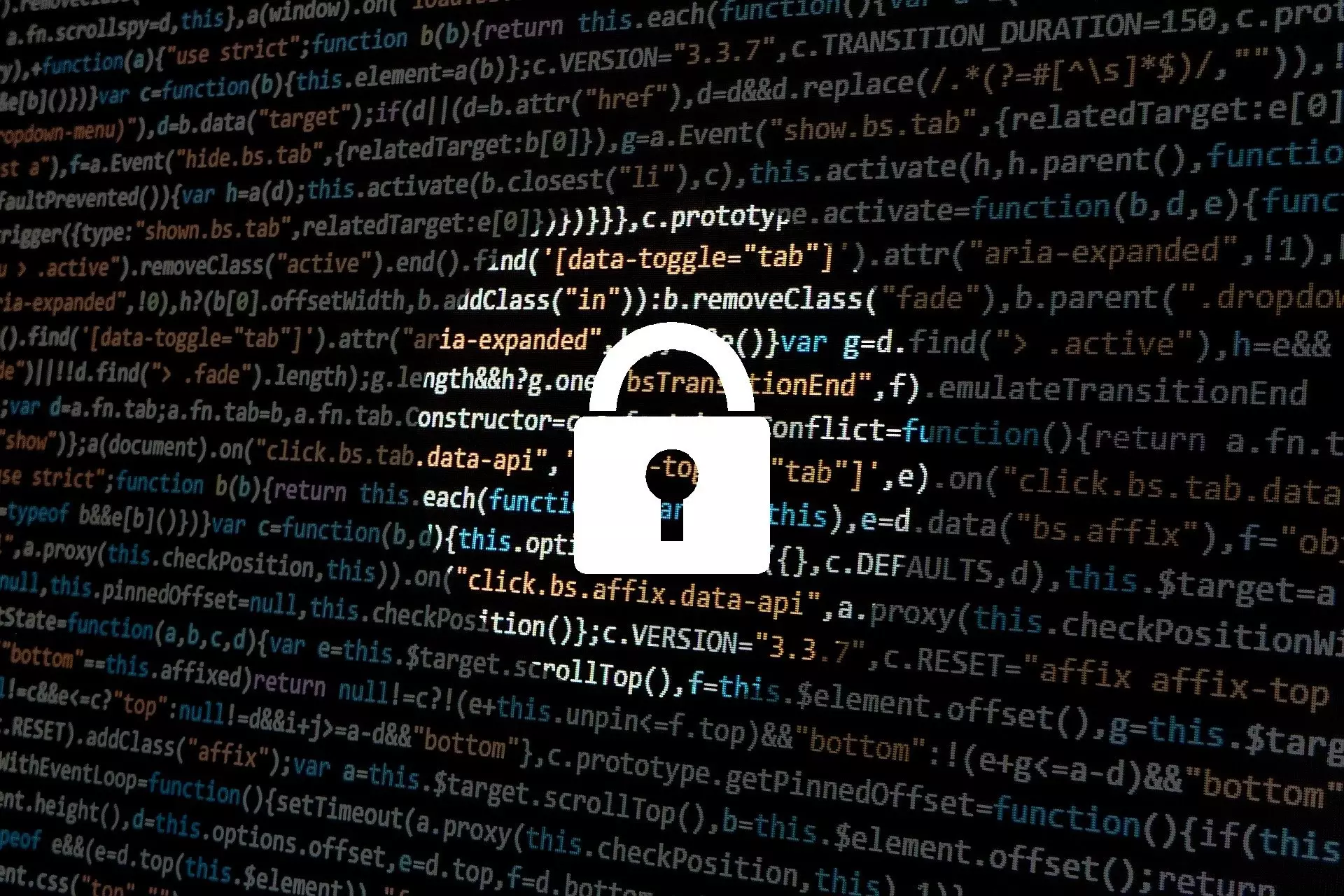The Kansas Supreme Court recently revealed that it fell victim to a sophisticated cyberattack last month, consequently putting sensitive information at risk. By disconnecting its systems after discovering the attack on October 12, the court hoped to prevent any further damage. Unfortunately, the perpetrators managed to steal personal information and issued threats to publish it online unless their demands were met. While the specific nature of their demands remains undisclosed, this incident has served as a grim reminder that cybercriminals pose a significant threat to our justice system. The Kansas Supreme Court promptly notified state authorities and has since received invaluable support from the governor’s office, legislative leadership, and both state and federal law enforcement agencies. This malicious attack targets not only the court but also the entire population of Kansas, raising concerns regarding the security measures in place to safeguard our institutions.
Efforts are underway to ascertain the extent of the breach and the particular personal data that the cybercriminals managed to pilfer. Preliminary investigations indicate that the attackers gained unauthorized access to various files, including those from the Office of Judicial Administration, district court case records, and other potentially confidential data. The Kansas Supreme Court plans to reach out to those directly affected once the review is complete. Unfortunately, it will still be several weeks before the system can be restored to its full functionality. Consequently, daily legal proceedings, such as paying court fees or applying for a marriage license, have become even more challenging during this tumultuous period. The Supreme Court expressed its sorrow at the distress and hardships that the people of Kansas will endure as a result of these cybercriminals’ actions. This security incident continues to disrupt the Kansas Court System, amplifying the existing burdens faced by legal professionals.
The cyberattack on the Kansas Supreme Court serves as a stark reminder that government entities are frequent targets for cybercriminals, extending beyond individual politicians. Last year, even Senator Jerry Moran’s reelection campaign experienced the devastation caused by a cyberattack, resulting in a loss of over $700,000 in the midst of the election period. With this in mind, the Kansas Supreme Court has pledged to collaborate with cybersecurity experts to fortify its security systems and defend against future attacks. Yet, the court refrains from disclosing the exact method employed by the criminals to infiltrate their system in October. These deliberate omissions hinder our comprehension of the weaknesses in our security infrastructure, limiting our ability to appropriately address and resolve potential vulnerabilities.
The Kansas Supreme Court cyberattack reveals the urgent need for heightened security measures across all branches of government. Instances such as this potentially impede the proper functioning of our justice system and demand swift, comprehensive action. It is essential to recognize the vital role that cybersecurity experts play in securing our institutions against ever-evolving threats. As technology continues to advance, criminals become increasingly adept at exploiting vulnerabilities. Thus, continuous improvements in security systems are imperative to counteract these threats effectively. Governments at all levels must prioritize cybersecurity and allocate adequate resources to bolster defenses, training, and preventive protocols. Only through a united front against cybercrime can we hope to safeguard our sensitive information and maintain the integrity of our justice system.
The Kansas Supreme Court’s encounter with a sophisticated cyberattack is a distressing testament to the evolving threats faced by government institutions. The breach of sensitive information and subsequent threats to publish it online highlight the severe consequences that cybercriminals can inflict upon our justice system. It is paramount that we address these vulnerabilities promptly, enhance our security measures, and remain vigilant in an era where technology facilitates both progress and vulnerability.


Leave a Reply